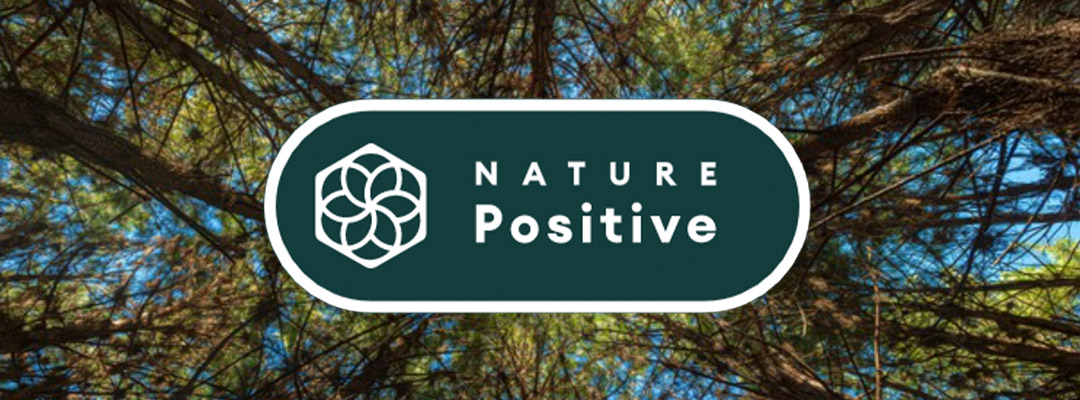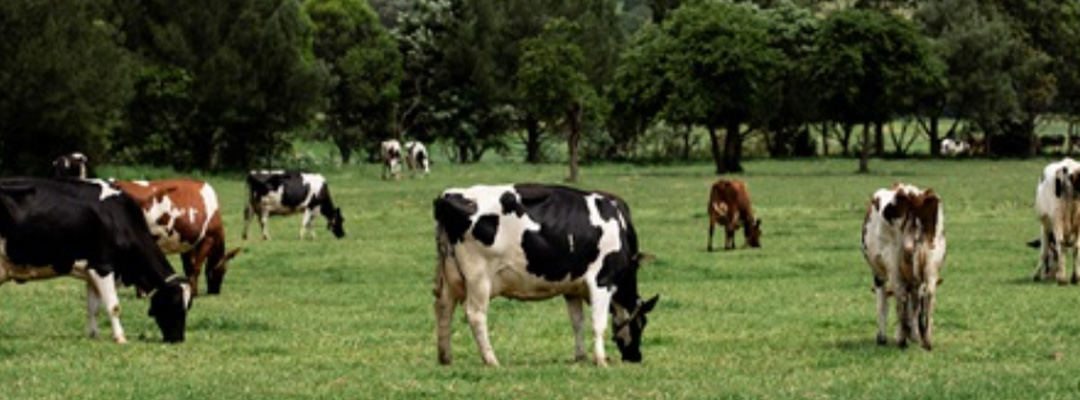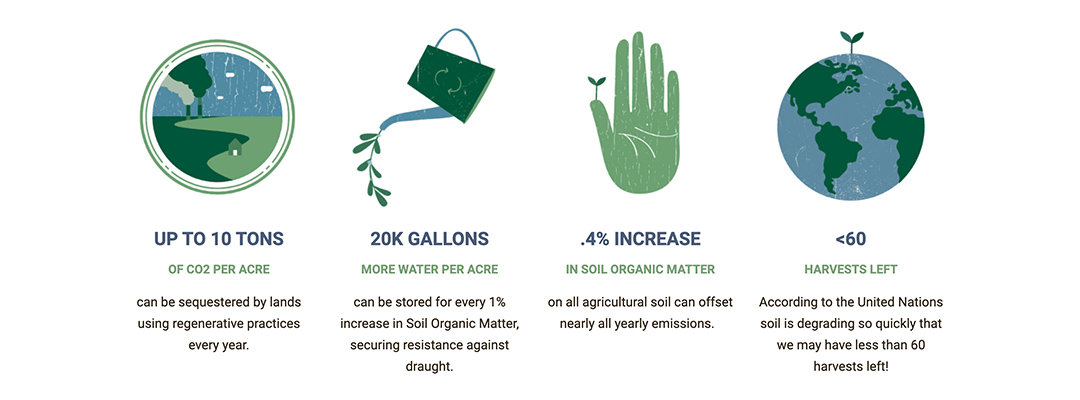
Our Planet, Recycling and Regenerative, Sustainable Farming Practises.
Recycling
We don't use single use plastics.
The convenient, wide mouth tubs your Life Grip products are enclosed in, is 100% recyclable. In fact, the tub you have received recently, is made from the same recyclable plastic.
"We package our products using PET tubs to ensure that every tub sold, is recycled into more tubs" - Adam Phillips, Life Grip Founder.
With your help, we can move away from a linear economy, and closer towards a circular economy.
Here's how it happens;
PET bottles/jars are recycled and then brought to a sorting facility. These are cleaned and re-granulated into plastic pellets. These little pellets are manufactured into more plastic goods, which when further recycled by other consumers, the process begins all over again. Recycled, sent to a sorting facility, made into pellets and then onto being manufactured into more plastic goods.
No single use plastics, better for the environment.
How do you recycle?
When you're finished with your tub, just place the whole tub (including the scoop and lid), into the recycling bin. Simple.

In 2018 Australia established the ambitious 2025 National Packaging Targets.
100% of packaging must be reusable, recyclable or compostable by 2025. However, we started years ago, in fact, our first product was launched using the same tubs you have at home right now.
As shown by CSIRO, we need to lead Australia into a Circular Economy.
CSIRO: A vision for circularity in Australia Australia must endeavour to adopt more circularity principles and transition to a circular economy, pushing forward the development of high-value recycled commodities and greener manufacturing solutions based on domestic and global market needs and trends. To realise growth, Australia needs to focus on increasing its capacity and ability to develop and adopt commercially viable solutions for markets while also successfully navigating critical infrastructural, regulatory and behavioural challenges. A circular economy creates a circular supply chain that commences with primary materials and aims to keep these materials in use as long and as often as possible, thereby adding value to the materials multiple times.
![]()

Reforestation, Conservation and Carbon Offset
Remove carbon. Restore forests.
For more information: https://pachama.com/impact
Restoring nature to solve climate change: Your support of quality forest carbon projects reduces emissions and removes carbon dioxide from our air. As you reduce greenhouse gases, you also protect critical forest ecosystem services and wildlife habitat.
How you're helping: Proceeds from each purchase of Life Grip products goes towards reforestation, conservation and carbon offsets. By simply choosing Life Grip, you're not only purchasing healthy products for you, you're adding value to the planet on which we live, to help reforestation, conservation and carbon offsets.
Why are forest carbon projects important? Forests are critical ecosystems and incredible carbon sinks. Trees are the most scalable and efficient way to remove carbon today. Forests are so important that every single international climate plan includes dramatic measures to protect and restore forests. Beyond that, forests are also hotbeds of biodiversity, providing a home to the majority of animals and plant species on the planet. They're important to regulating heat and clean water. Forests are a source of livelihood and home to many communities around the world.
![]()

Regenerative, Sustainable Agriculture and Farming Practises.
At the heart of a healthier planet.
Australia has the highest dairy farming standards and quality practises in the world. Together with a sustainability framework of clear targets and programs to protect natural resources and reduce waste and emissions. We can minimise our environmental impact by purchasing Australian dairy products. Life Grip uses 100% Australian Whey Protein.
Australian Farming: We work closely with Australian dairy farms that have sustainable, regenerative farming practises. Yes, Life Grip uses only sustainably farmed Australian Whey Protein.
Regenerative farming practises are important to protect local ecosystems, animal welfare and the environment. You can play a part by supporting businesses that support our local Australian farmers.
Regenerative and Sustainable Farming: Small herds move across different pastures for rejuvenation and because of this, no grass fertilisers are used. Dairy cows feeding on green grass and moving through pastured land is better for the environment, animal wellbeing and the nutritional quality of dairy milk and whey protein. Sustainable farming is moving small herds through pastures. A method of farming improving the resources it uses, rather than destroying or depleting them.
How you're helping: By choosing Life Grip products, you're supporting regenerative and sustainable agriculture and farming practises. Pasture raised, grass fed cows are an integral part of regenerative and sustainable agriculture.

